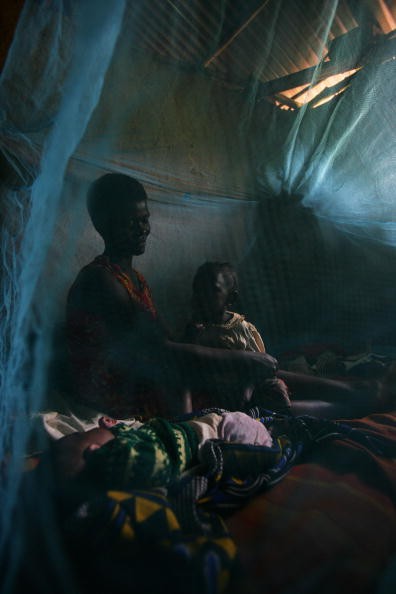
The European Medicines Agency has recommended approving what will be the world's first malaria vaccine. The agency endorsed the vaccine's use outside of Europe, which is a regulatory process that helps speed new medicines to the markets where they are needed.
The vaccine known as Mosquirix or RTS,S, must still be approved by the European Commission. The next step will be from the World Health Organization, which will consider the evidence and recommend how the vaccine be used. WHO has said that it hopes to make a recommendation by November.
Mosquirix is expected to win approval even though it's only about 30% effective, with that protection fading over time. It was developed by the pharmaceutical company GlaxoSmithKline and was partly funded by the Bill and Melinda Gates Foundation. If approved, it would be the first licensed human vaccine against a parasitic disease and could help to prevent millions of cases of malaria.
It still faces hurdles before being rolled out in Africa, including winning agreement from governments and other funders that it is worth using, since it offers only partial protection.
As a vaccine, Mosquirix has been called disappointing because of the low amount of immunity that it provides against malaria. Even with this relatively low effectiveness, it should greatly reduce the number of malaria infections, which occur at the rate of 200 million new cases and more than 500,000 deaths every year, mostly in African children. Malaria kills a child every minute.
Mosquirix offers only a bit less than 50% protection in children under 18 months old and one-third protection in babies under 3 months old, according to data from clinical trials. If the children do not get all four doses that are required, it is not even that effective. If the vaccine costs the expected $5 per dose, each dose will be about the same cost as for one bed net treated with insecticide, which can protect two people for three years, assuming the bed net is used correctly.



